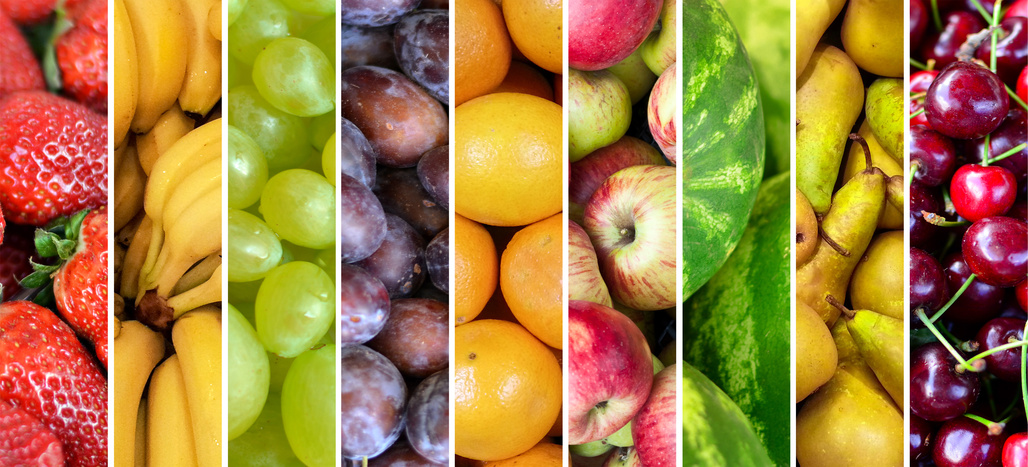 I completely agree that fruit can be healthy. Is it always healthy? No!
I completely agree that fruit can be healthy. Is it always healthy? No!
Fruit is basically little packets of sugar with a few vitamins and minerals. Fruit falls into the carbohydrate category, which the American government urges its citizens to consume. Albeit I concur that carbohydrates can contribute to a healthy diet, I don’t believe that our diets need up to 65% of total daily calories coming from carbs like the current U.S. Dietary Guidelines endorse. I undeniably believe this recommendation has sweeping effects on our type 2 diabetes epidemic.
When we talk about carbohydrates, we need to be aware that there are two basic types of carbohydrates — complex carbohydrates and simple sugars — and the chemical structure of these two types of carbohydrates can make the difference between losing weight and gaining weight.
Fruit is a simple sugar carbohydrate that provides quick energy. Most fruits produce a surge of a fat-storing hormone called insulin that goes into the bloodstream. Insulin’s job is to take the energy (calories) from the foods we eat out of the bloodstream and transport it into three different places to either be used immediately for energy or stored for future use.
The three separate places that insulin delivers the calories include, 75 trillion cells that make up our bodies, glycogen tanks (liver and muscle tissue), and fat cells.
Since most of us aren’t scientists or doctors, let’s keep this simple. Higher sugar content in foods requires more insulin to get the high amount of sugar out of the bloodstream and into one of the three locations I mentioned above. When there is more insulin circulating through the bloodstream, more calories can be stored as fat. This leads to weight gain.
This doesn’t mean that eating fruit will make you fat. Whether fruit makes you fat or not depends largely on when you eat it, what you eat it with, and your physical activity level. But when you consider that the typical American is either sitting or laying down 95% of the day, I would reason that the typical American would gain weight if consuming the amount of fruit the American government advocates.
CHECKOUT MY SHORT VIDEO EXPLAINING WHEN IS THE BEST TIME TO FIT FRUIT INTO YOUR PERSONAL DIET! (video)
There are three times of the day when fruit can actually be your biological friend:
1. A GOOD TIME TO EAT FRUIT is first thing in the morning with your breakfast — if you eat breakfast.
2. A BETTER TIME TO EAT FRUIT is before your workout. You are exercising, right?
3. THE BEST TIME TO EAT FRUIT is right after your workout. This is when fruit can help your body grow stronger, build muscle, and burn more calories that can lead to weight loss. And if you exercise properly, none of the sugar in the fruit will be stored as fat.
A few other tips you might want to consider to make fruit a part of your healthy diet include:
1. Never eat fruit by itself. Always have a form of protein with your fruit. Cottage cheese and blueberries would be a healthy combination.
2. Try to find berries that you like. Berries like raspberries and strawberries will not increase the fat-storing hormone insulin as much as other fruits like pineapple and papaya. This means that fewer calories will be stored as body fat.
3. Never eat fruit right before bedtime.
Is fruit a culprit to your weight gain? Chances are if you’re one who eats fruit by itself, has a sedentary lifestyle and not immediately using the jolt of energy it provides, or eats it while watching TV to unwind before bedtime, it may be a reason why you’re gaining weight.
I WOULD LOVE TO HEAR FROM YOU… Let me know what your experiences are during this transitional stage. I think we learn best from each other. Everyone will have different experiences and results so write your observations in the comment section below.
Be Healthy,
Christopher